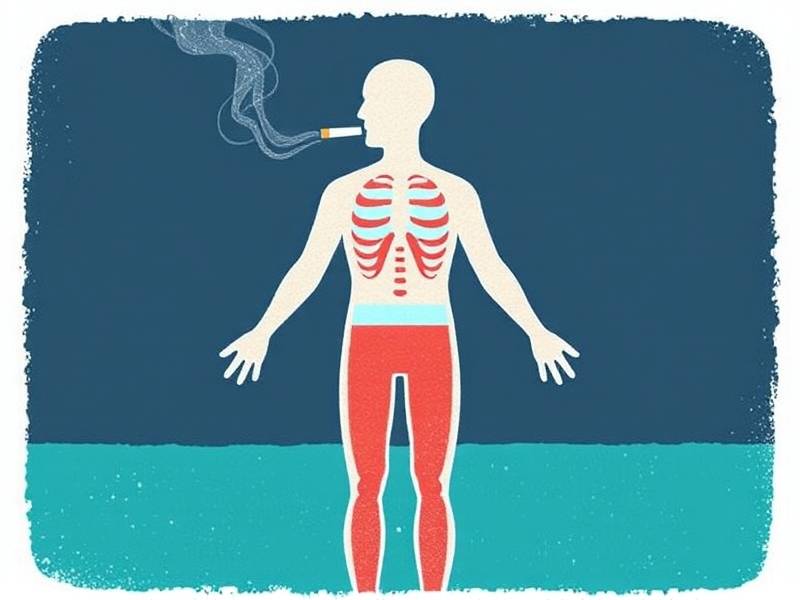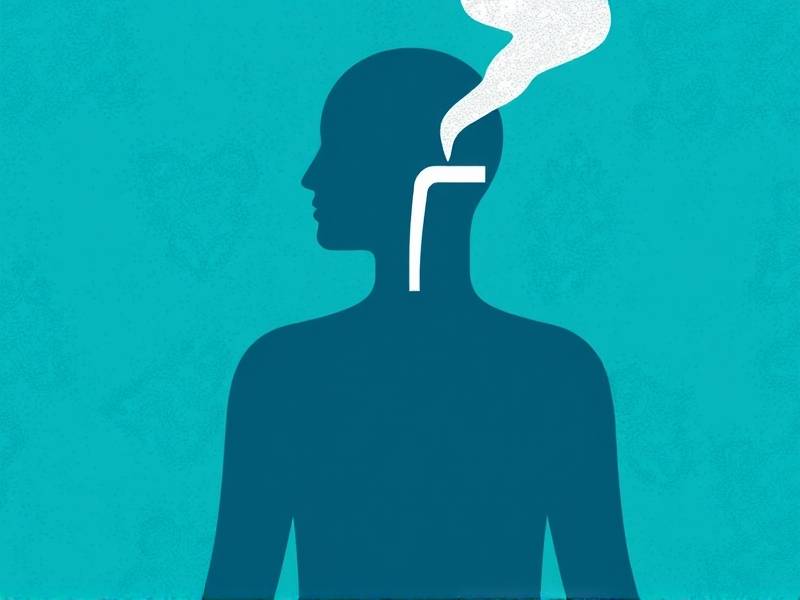How Quitting Smoking Changes Your Body: A Guide to the Physical and Mental Benefits
The Immediate Impact of Quitting Smoking
When you decide to quit smoking, your body begins its remarkable journey of healing and rejuvenation. The effects are both immediate and profound, reaching far beyond the obvious reduction in tar and nicotine intake.
1. Oxygen Flow Improvement
One of the first changes you'll notice is an increase in oxygen flow. Within 20 minutes of your last cigarette, your heart rate drops, and blood pressure begins to normalize. Over time, your lungs start to clear out the tar and mucus that have accumulated over years of smoking, leading to improved lung function.
The Long-Term Physical Benefits
The physical benefits of quitting smoking are well-documented and can be life-changing.

2. Heart Health
Quitting smoking significantly reduces the risk of heart disease. Within a year or two after quitting, your risk for a heart attack decreases by half compared to a continuing smoker. Over time, your arteries can regain their elasticity, reducing the likelihood of stroke.
3. Lung Function Improvement
Your lungs continue to heal even years after you quit smoking. The risk of chronic obstructive pulmonary disease (COPD) decreases with each year you remain smoke-free.
Mental Health: The Psychological Impact
The psychological effects of quitting smoking are equally significant.

4. Reduced Anxiety and Stress
Nicotine is a stimulant that can lead to increased anxiety levels in smokers. By quitting, you eliminate this source of stress, often leading to a more relaxed state of mind.
5. Improved Cognitive Function
Smokers often experience cognitive issues such as memory lapses or difficulty concentrating due to nicotine's effect on brain function. Quitting can improve these symptoms over time.
Tips for Maintaining Your Smoke-Free Lifestyle
Transitioning from a lifetime of smoking to a smoke-free lifestyle is challenging but not impossible.
6. Identify Your Triggers
Understand what situations or emotions trigger your urge to smoke and plan accordingly. Whether it's stress at work or social gatherings with friends who smoke, being prepared can make a significant difference.
7. Seek Support
Joining support groups or seeking professional help can provide the extra push you need when cravings become overwhelming.
Conclusion: A Life Transformed
Quitting smoking is not just about breaking a habit; it's about giving yourself back your health—both physical and mental. The journey may be tough at times, but the rewards are invaluable. Embrace each day as an opportunity for better health and well-being.
Remember that every puff counts—a single cigarette can take up to 12 hours for carbon monoxide levels in your blood to return to normal after quitting—so start today for a healthier tomorrow!
